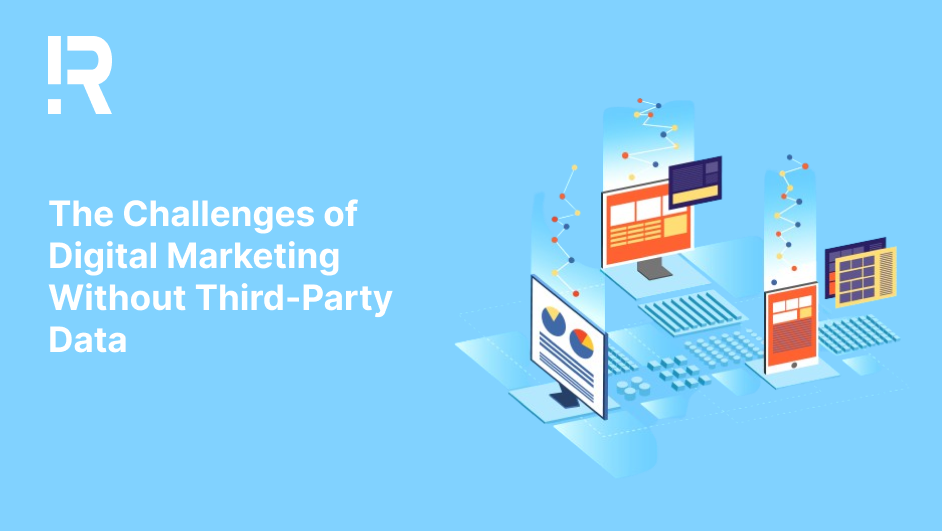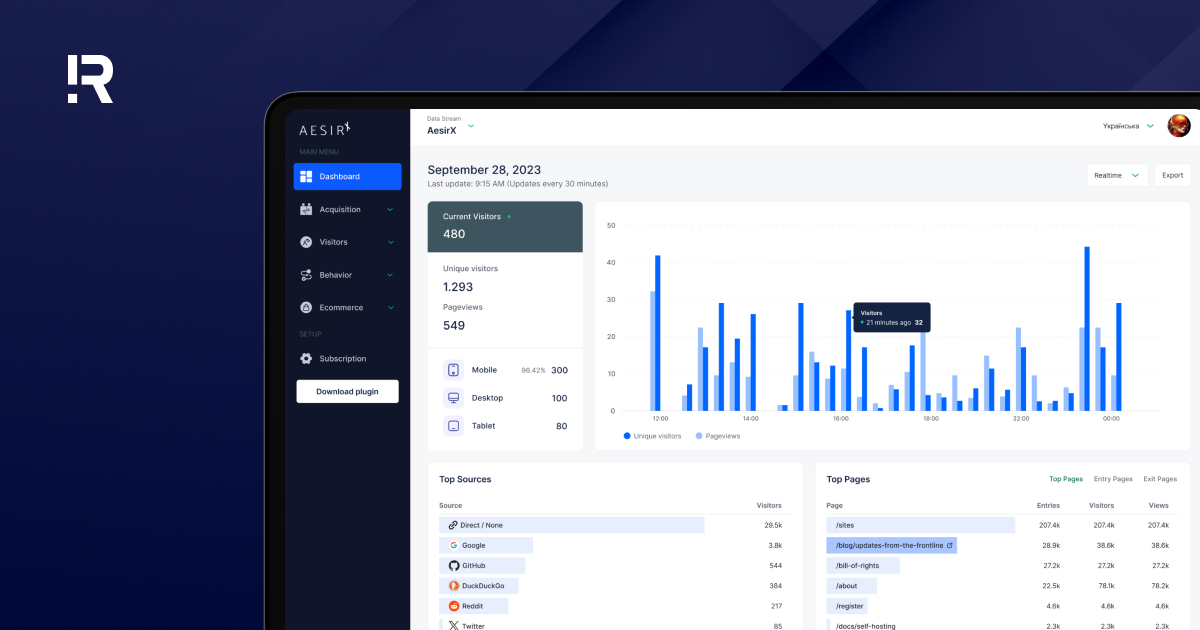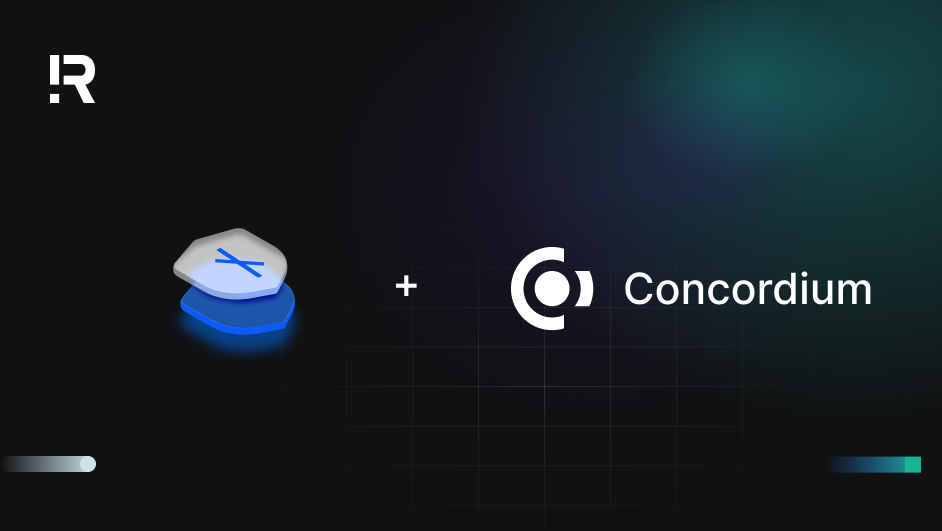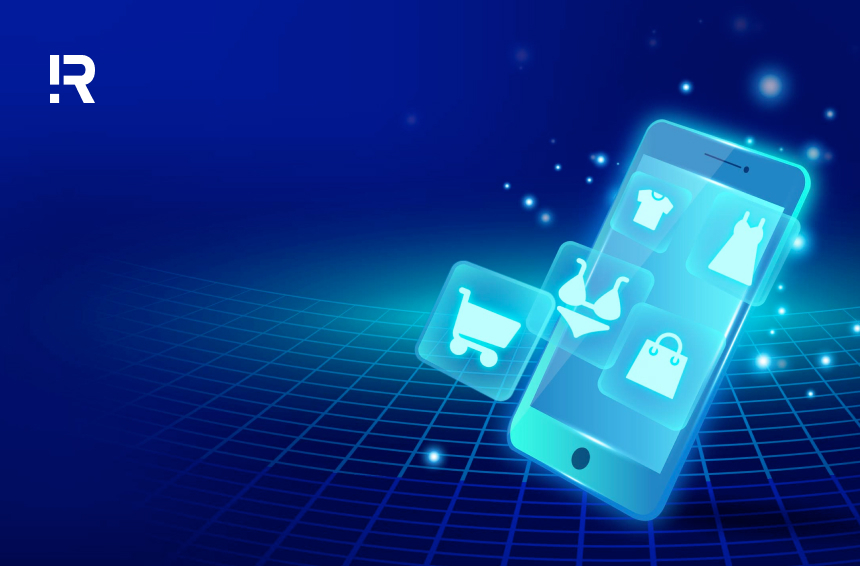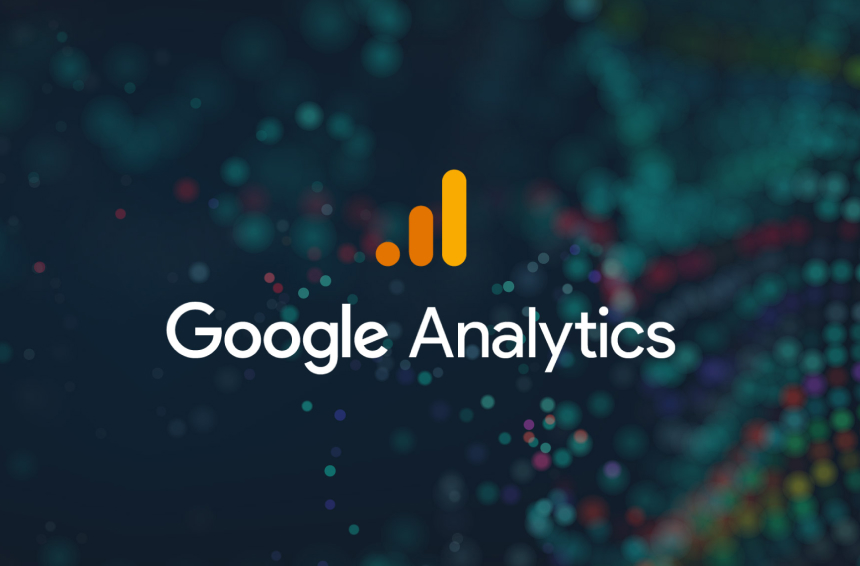1. What Are Third-Party Cookies?
Third-party cookies are small text files generated by other websites, not the one you are currently visiting, for the purpose of identifying and tracking users. They are the reason why products or services you are interested in, searched for, or even discussed on social media, appear frequently on the websites you visit daily.
These small code snippets embedded in the source code of websites track your internet browsing history and send this information to the cookie owners' domains. This data is used to create an "online profile" that contains your personal information and preferences.
Thanks to these profiles, advertisers can understand what you are interested in and what you want, enabling them to display relevant ads to capture your attention.
Google and other browsers blocking third-party cookies will reduce access to data and make it more anonymous, diminishing the ability to reach valuable target audiences and customer segments. This presents a challenge for advertisers, marketers, and businesses to select a sustainable and flexible marketing solution that operates effectively without relying on third-party cookie data.
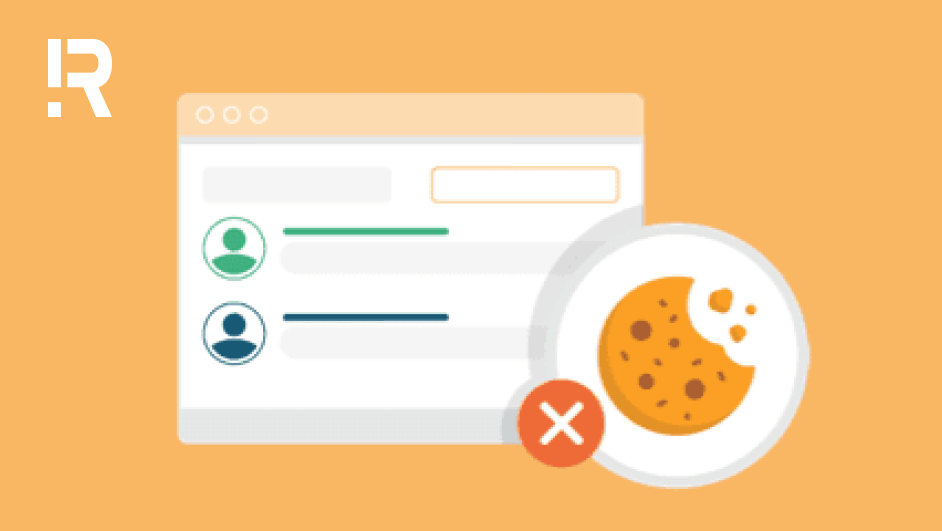
2. First-party Data: The Future of Digital Marketing
Third-party data is often collected by organizations not directly linked to your business or target audience, which comes with several limitations:
- It covers a broad scope without guaranteed accuracy or recency.
- The sources are unknown, which may lead to noncompliance with privacy laws.
- Costs are high and can fluctuate.
- The data is not exclusive; if you can purchase it, so can your competitors.
On the other hand, using first-party data offers a more effective solution.
First-party data is information gathered directly from your target audience via company-owned sources like social media, websites, apps, emails, or customer surveys. By aggregating this data, businesses gain a better understanding of their customers, including demographic details, online behaviors, ad interactions, purchase history, and more.
Benefits of using first-party data include:
- It's freely provided by users, ensuring higher data accuracy.
- Compliance with privacy laws is more straightforward since businesses know the data's origins and have user consent.
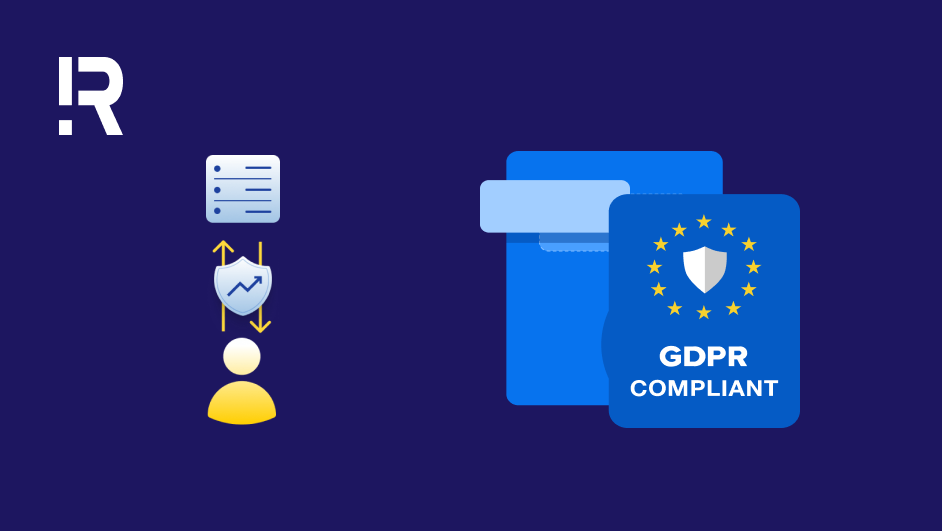
3. Implementing First-Party Solutions
Many businesses have recognized the importance of first-party data in an era without third-party cookies, prioritizing the development of this data strategy. Steps taken include auditing websites for third-party cookie usage, switching to first-party data analytics tools, and adding consent mechanisms to respect user privacy.
However, implementing these measures individually has led to higher costs, system conflicts, and increased time consumption. To address this issue, R Digital, a consulting and implementation partner, has introduced the AesirX First-Party Foundation – a suite of privacy-centric analytics and marketing solutions enabling ethical data management and compliance. This foundation helps businesses smoothly transition from relying on third-party cookies to accessing first-party data in a straightforward and compliant manner.
AesirX First-Party Foundation uses Web3 technology, including Concordium blockchain and decentralized data management methods, to enhance data protection and privacy. It includes the following solutions:
- AesirX Analytics: AesirX Analytics: This data analysis tool doesn’t rely on cookies and exclusively collects first-party data, adhering strictly to the General Data Protection Regulation (GDPR).
- AesirX Business Intelligence: A business intelligence tool that personalizes customer experiences and boosts marketing effectiveness using real-time and behavioral data from Web3 decentralized consent mechanisms.
- AesirX Shield of Privacy: A decentralized identity management solution for data protection. This solution serves as the foundation for the development of decentralized consent mechanisms and automatic identity-verified social media posting systems. It also supports the collection of anonymous data via Web3 technology.
- AesirX First-Party Server: A data management and security solution allowing businesses to securely store their data while complying with security regulations.
- AesirX Single Sign On: This tool facilitates quick and secure access to websites and apps with a single password, enhancing security and regulatory compliance.
Unsure if your business needs to switch to a first-party data strategy? Visit AesirX Privacy Scanner and enter your website address to check cookie usage and receive a free GDPR compliance report.
If you're interested in deploying the AesirX First-Party Foundation but don't know where to start, contact R Digital's consulting team at our contact page.






















